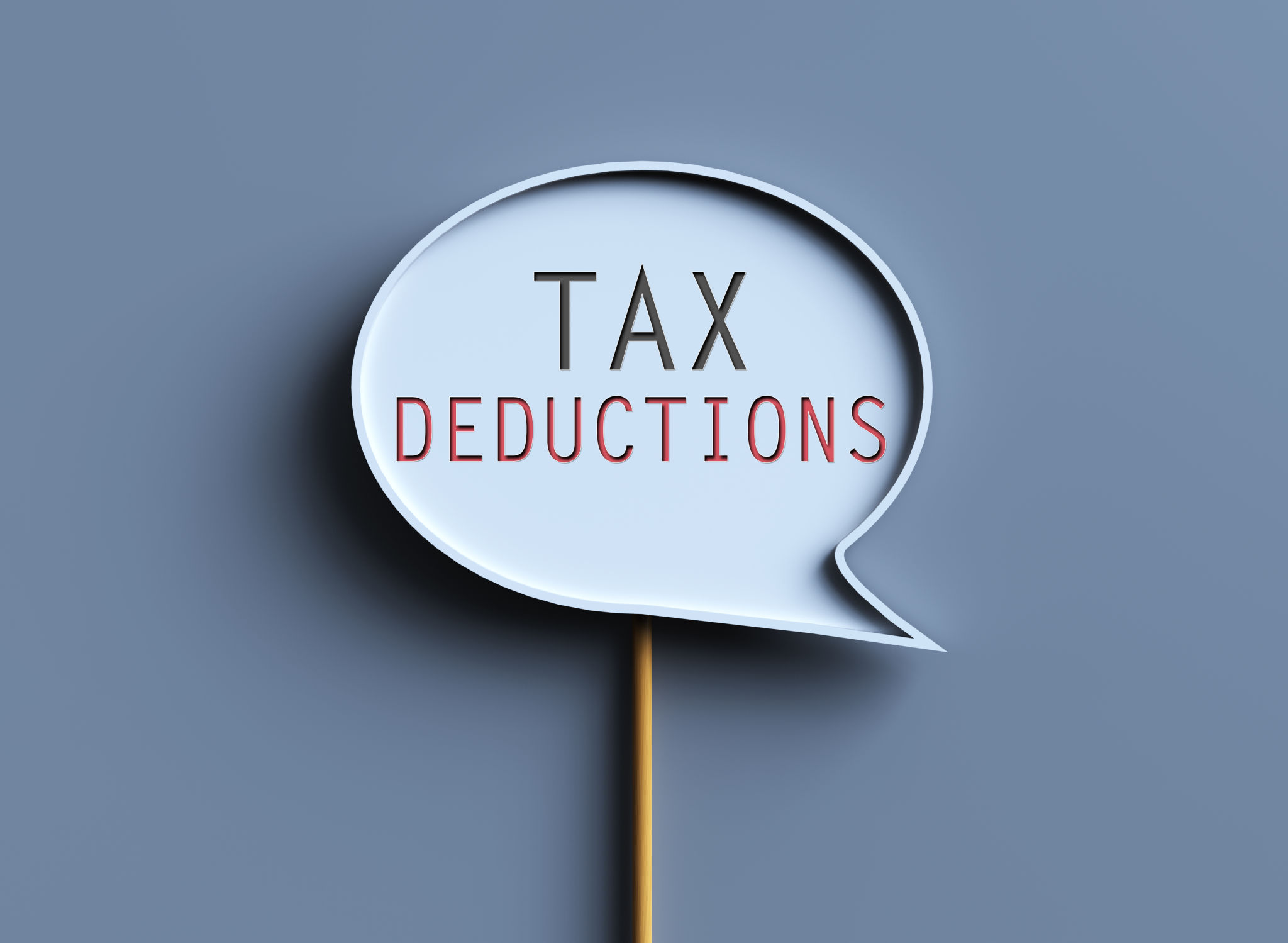Common Tax Mistakes to Avoid: A Guide for First-Time Filers
Understanding Tax Filing Basics
Filing taxes for the first time can be an overwhelming experience. With numerous forms, calculations, and deadlines, it’s no wonder many first-time filers make mistakes. Understanding the basics of tax filing is crucial to avoid common errors that could lead to penalties or missed deductions.
Start by familiarizing yourself with the types of income that need to be reported, such as employment income, interest income, and any freelance work you might have done. Knowing what constitutes taxable income will help you accurately complete your tax return.

Choosing the Wrong Filing Status
One frequent mistake is selecting the wrong filing status. This choice affects your tax rate and eligibility for certain credits and deductions. The most common statuses are single, married filing jointly, married filing separately, and head of household. Each has specific criteria that must be met, so take the time to understand which applies to your situation.
If you’re unsure about which filing status to choose, consider consulting a tax professional or using tax software that can guide you through the process based on your personal circumstances.
Overlooking Deductions and Credits
Deductions and credits can significantly reduce your tax liability, but many first-time filers overlook them. Common deductions include student loan interest, mortgage interest, and medical expenses. Additionally, tax credits like the Earned Income Tax Credit (EITC) or Child Tax Credit can lead to substantial savings.
Keep track of all eligible deductions and credits throughout the year to ensure you claim them when filing. Missing out on these can mean paying more than necessary.

Mistakes in Reporting Income
Accurately reporting your income is crucial. Failing to report all sources of income or incorrectly stating amounts can lead to discrepancies and potential audits. Ensure you gather all necessary documents such as W-2s, 1099s, and other income statements before beginning your return.
If you have freelance or gig work, remember to report this as well. Even if you didn’t receive a 1099 form, you are still required to report this income.
Missing the Filing Deadline
Missing the tax filing deadline is a common mistake that can result in penalties and interest charges. The usual deadline is April 15th, but it can vary slightly depending on weekends and holidays. Mark this date on your calendar and aim to have your taxes filed well in advance.

If you believe you cannot file on time, consider applying for an extension. This gives you additional time to file without incurring a late-filing penalty, although any taxes owed should still be paid by the original deadline.
Not Keeping Proper Records
Maintaining organized records throughout the year is essential for accurate tax filing. Keep track of receipts, invoices, and any correspondences related to your income and deductible expenses. This practice not only simplifies the filing process but also provides documentation if ever questioned by the IRS.
Consider utilizing digital tools or apps for record-keeping. These can help streamline the process and ensure that you have all necessary documentation at your fingertips when tax season arrives.
